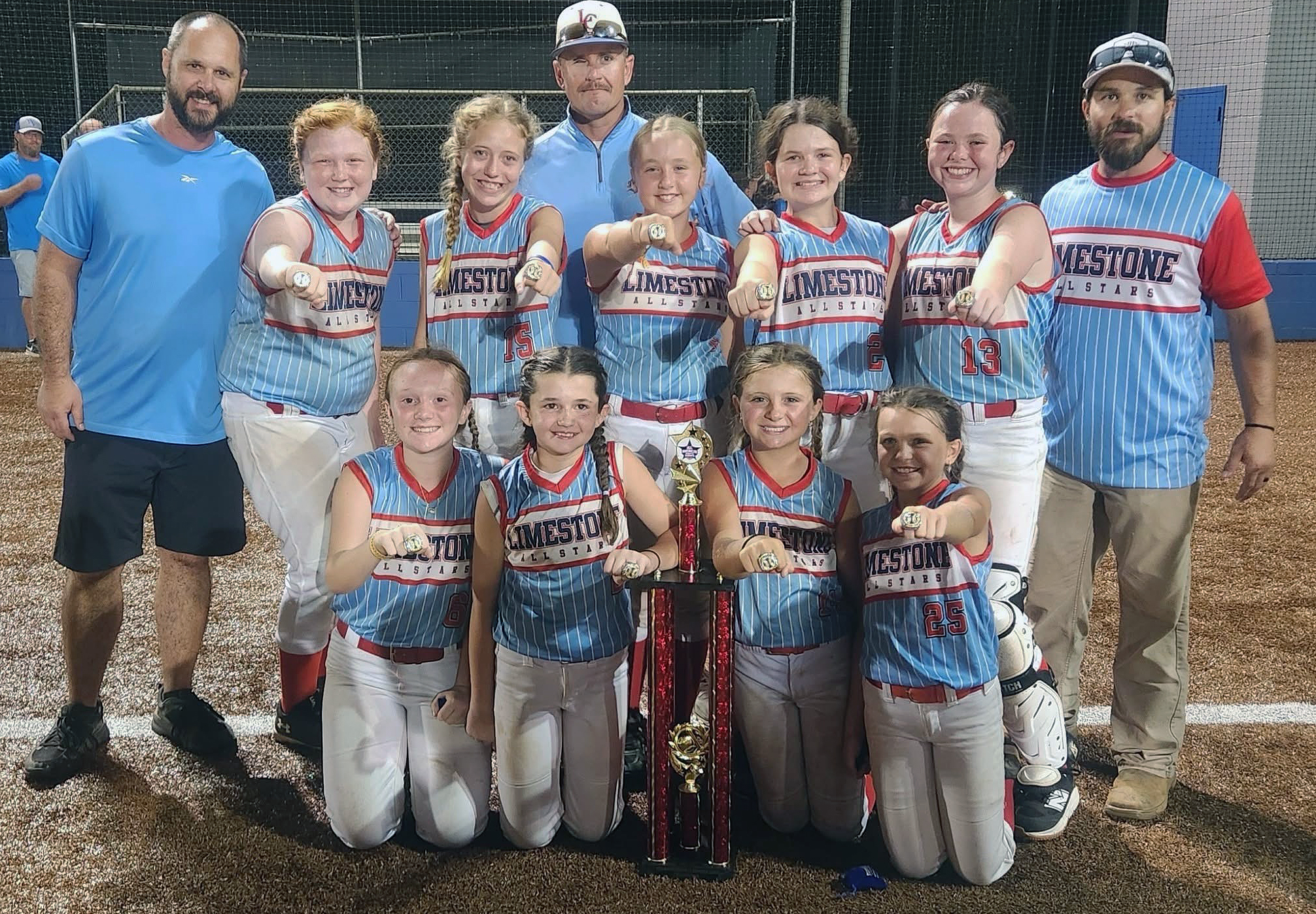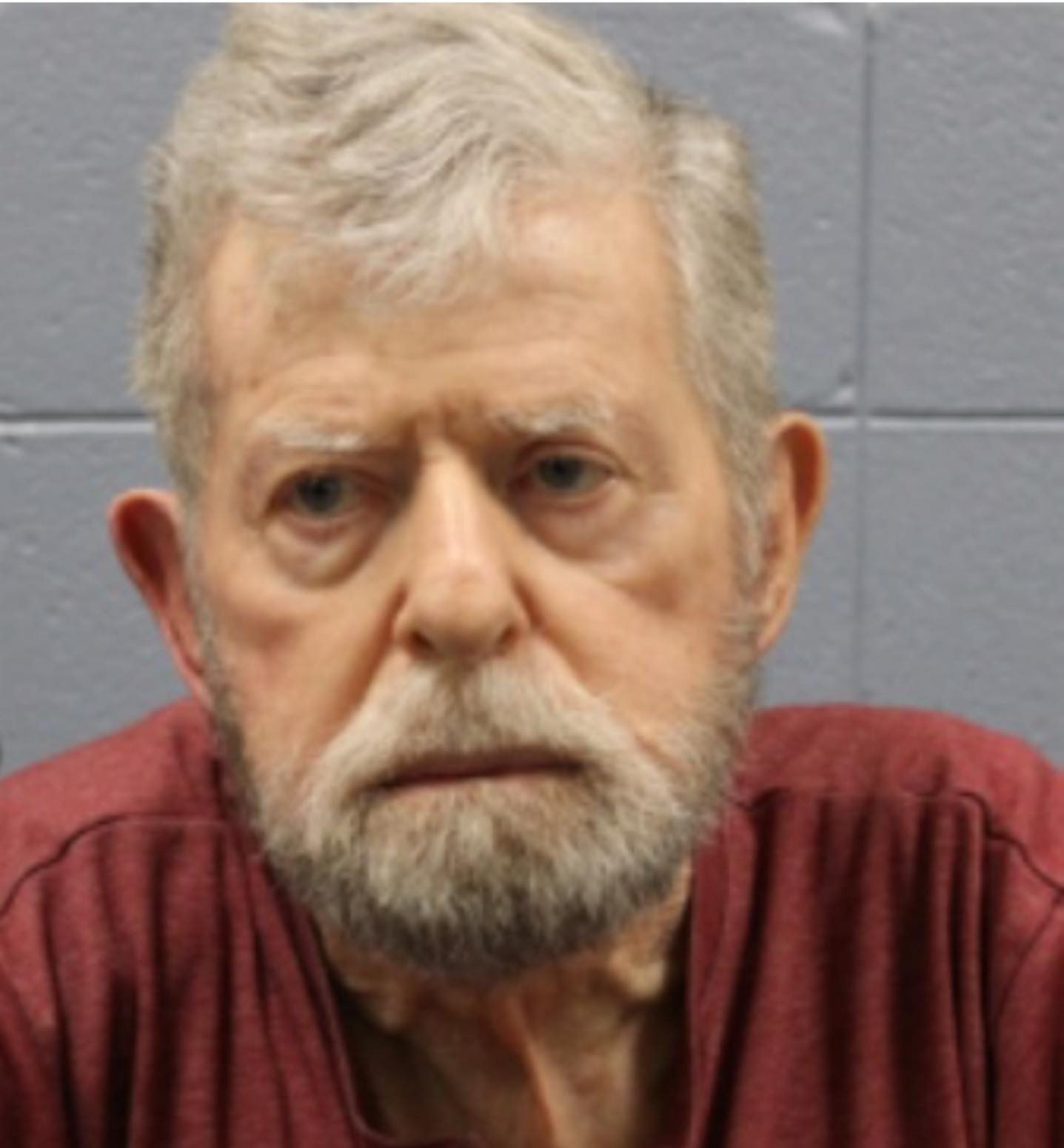Elder Abuse Awareness: Make a difference in someone’s life
Published 3:00 pm Sunday, June 5, 2011
Each day in Alabama, someone abuses, neglects or exploits an elderly person.
Trending
It happens dozens of times a year right here in Limestone County.
Often, the abuse is committed by the victims’ own children.
In honor of World Elder Abuse Awareness Day on June 15, a social worker with the Limestone County Department of Human Resources wants victims, or those who witness abuse, to know how to stop it.
To report suspected abuse, neglect or exploitation, call the Limestone County DHR at 256-216-6380 and ask for “intake,” or call toll-free to 1-800-458-7214 or send email to aps@dhr.alabama.gov.
All reports are confidential and may be made anonymously.
“Please help us protect our vulnerable elderly citizens who have contributed so much to our community,” said Shannon Cameron, adult service supervisor for the county DHR. “Your call may make a real difference in the life of one of your neighbors.”
Trending
Widespread problem
Each year across the nation, hundreds of thousands of older Americans are abused, neglected, and exploited, statistics show. The elderly lose an estimated $2.6 billion a year due to financial abuse and exploitation, money they need for food, housing and medicine, according to a DHR press release. The abuse costs Americans $60 to $90 billion annually in health care, social services and investigative and legal costs, the press release reads.
Elderly abuse, neglect and exploitation happen to people of all races and income levels.
“It occurs in every demographic group and can happen to anyone; a family member, neighbor, and even you,” Cameron said.
Alabama statistics
Last year in Alabama, the state DHR investigated approximately 5,312 adult protective-service referrals, Cameron said. About half of these involved reports of suspected abuse or neglect of persons who were at least age 60, and most ranged from ages 75 to 84.
“Because the elderly don’t always receive the care and attention that they need, they are primary targets for abuse, neglect and exploitation,” Cameron said. “Sadly, in many cases, the victims’ own children are the perpetrators, which can make investigating the reports an arduous task. No matter how difficult the challenge, with the help of our community partners, our Adult Protective Services worker will investigate reports and arrange protection, showing commitment to ensuring the safety and well being of the elderly.”
What is elder abuse?
If you are unsure what constitutes abuse, neglect or exploitation, the National Center on Elder Abuse defines it this way: Any knowing, intentional or negligent act by a caregiver or any other person that causes harm or a serious risk of harm to a vulnerable adult. The specificity of laws varies from state to state, but broadly defined, abuse may be:
• Physical abuse: Inflicting, or threatening to inflict, physical pain or injury on a vulnerable elder, or depriving them of a basic need.
• Emotional abuse: Inflicting mental pain, anguish or distress on an elder person through verbal or nonverbal acts.
• Sexual abuse: Non-consensual sexual contact of any kind.
• Exploitation: Illegal taking, misuse or concealment of funds, property or assets of a vulnerable elder.
• Neglect: Refusal or failure by those responsible to provide food, shelter, health care or protection for a vulnerable elder.
• Abandonment: The desertion of a vulnerable elder by anyone who has assumed the responsibility for care or custody of that person.





